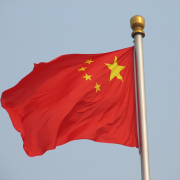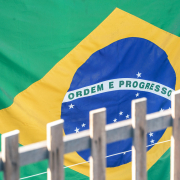During the Chinese New Year, respiratory disease caused by a novel type of coronavirus was detected for the first time and an outbreak occurred in Wuhan, Hubei, China. As of 12:00 noon on January 29, 2020, there were 5,999 confirmed cases nationwide and the death toll exceeded 100. The Chinese government has urgently extended the Spring Festival holiday week, requiring companies and factories across the country to delay the resumption of work.
During this period, AgroPages continued to receive inquiries from readers, who expressed concern about the supply of Chinese agrochemicals in the future. In this regard, AgroPages conducted a survey, targeting the top 100 agrochemical companies in China. They were located in Zhejiang, Jiangsu, Shandong, Hebei, Sichuan, Inner Mongolia, Shaanxi, Guangdong, Guangxi and other major agrochemical manufacturing provinces in China, including major technical and formulation companies of agrochemicals for bulk products such as glyphosate, glufosinate and other major products.
At the close of this edition, more than 70% of the companies had responded to the Agropages survey. The following content is concluded from the information provided.


